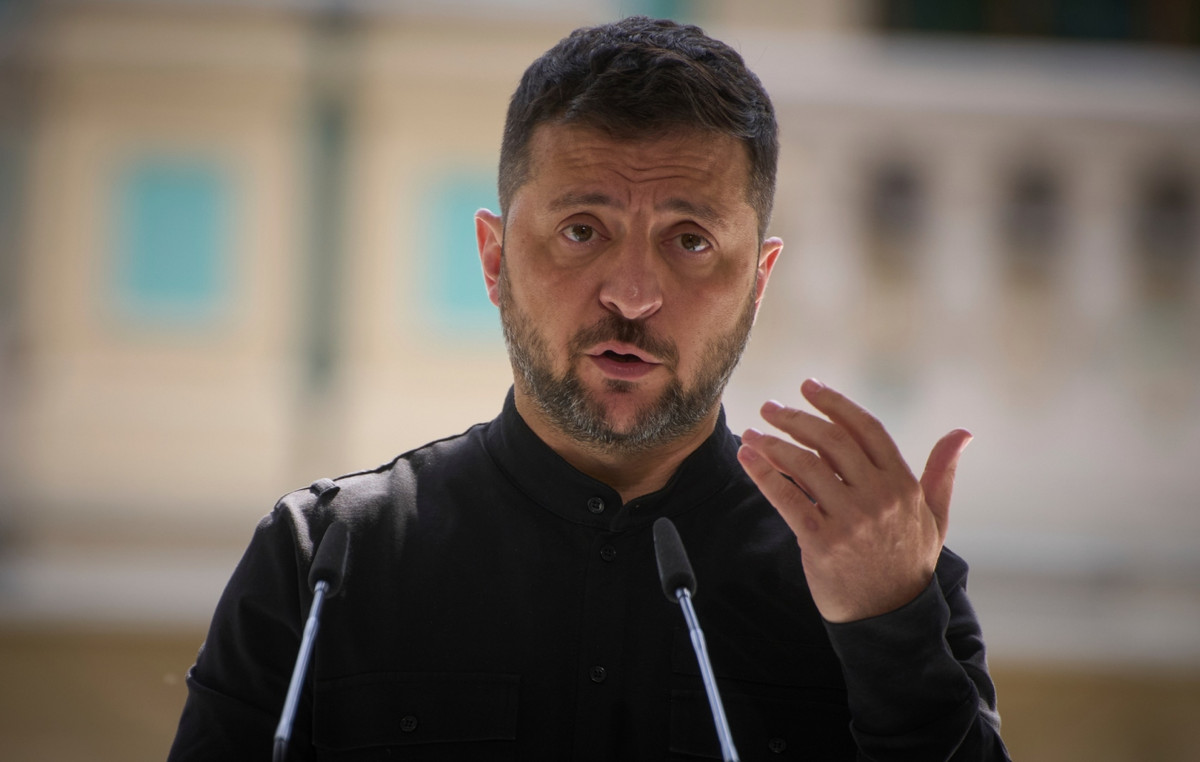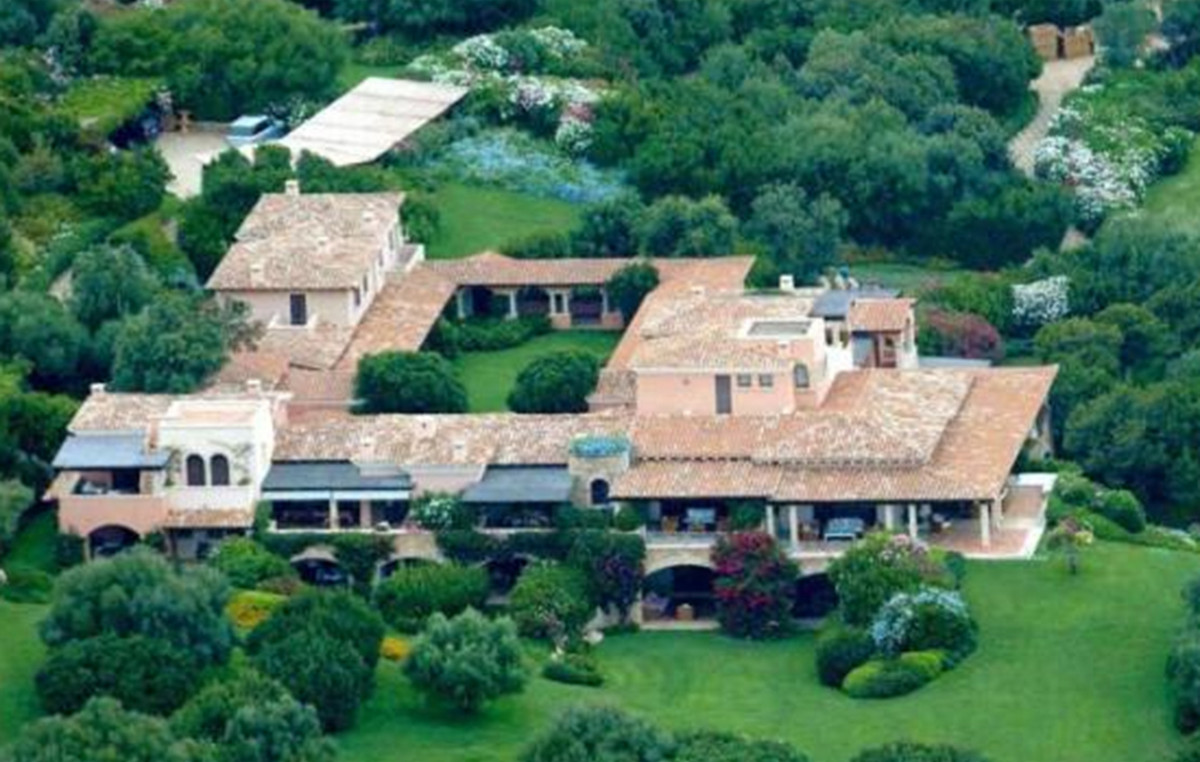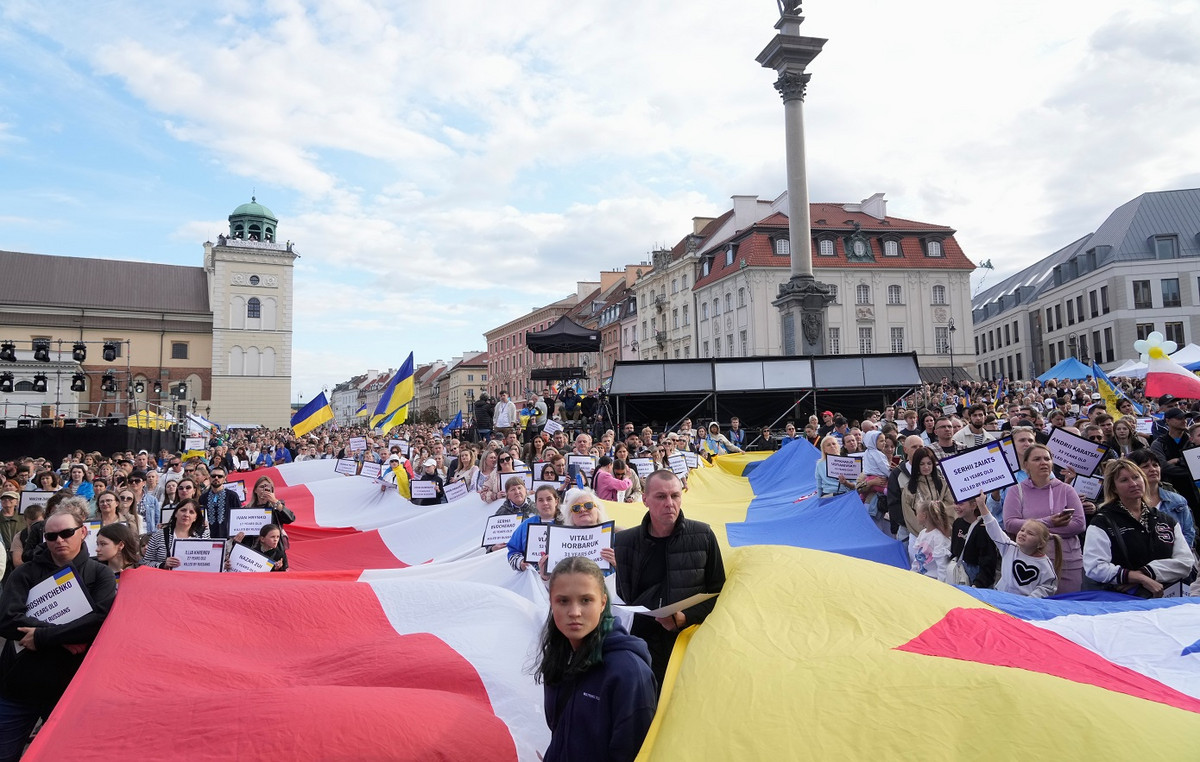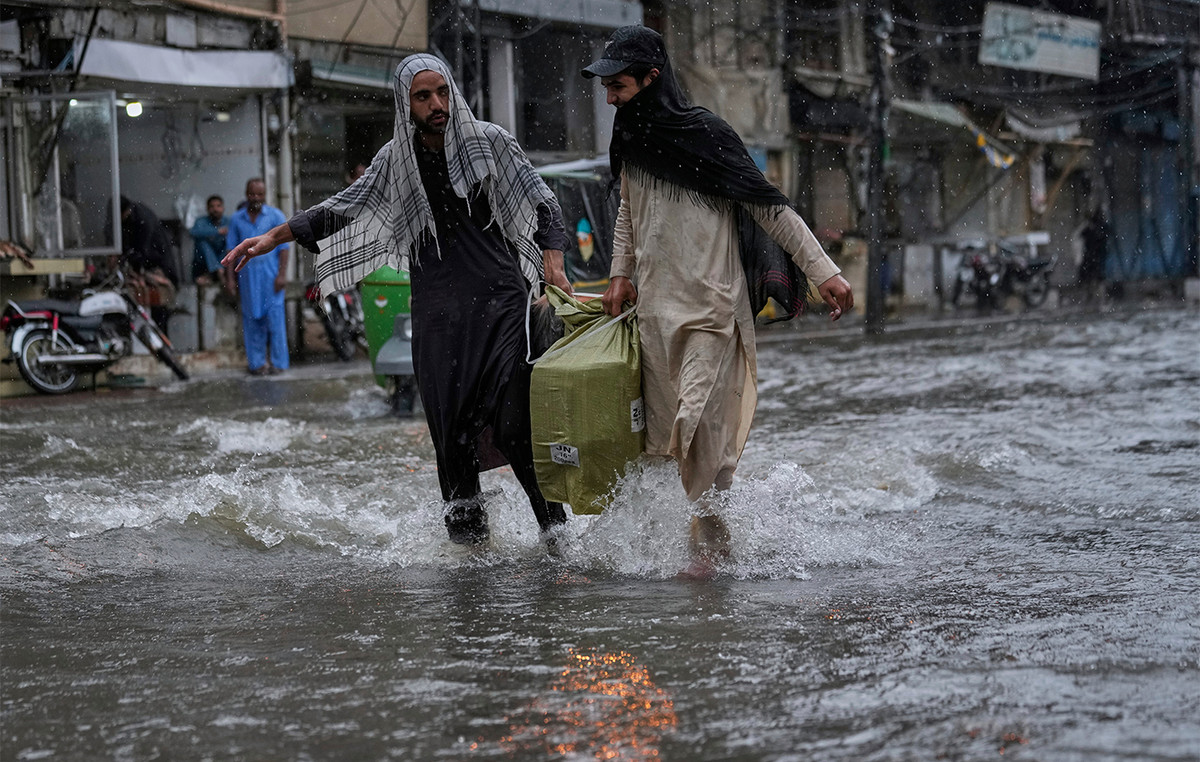The ozone hole is well on its way to closing completely. This was announced by a group of UN experts. In the report that is published every four years, on the progress of the Montreal Protocol, the phasing out of almost 99% of the substances (now banned) that contribute to the depletion of the ozone layer is confirmed. According to the study, if current policies remain in place, the ozone level will return to 1980 levels by 2040. Over Antarctica, this recovery is expected around 2066 and over the Arctic by 2045.
The discovery of a hole in the ozone layer was first announced in May 1985 by three scientists from the British Antarctic Survey.
The Montreal Protocol had been signed in September 1987: it is a historic environmental agreement which regulates the consumption and production of nearly 100 man-made chemicals. Their gradual reduction has led to a dramatic recovery of the protective ozone layer and a decrease in human exposure to the sun’s harmful ultraviolet (UV) rays. “The impact that the Montreal Protocol has had on climate change mitigation cannot be underestimated,” said Meg Seki, Executive Secretary of the Ozone Secretariat of the United Nations Environment Program (UNEP). “Over the past 35 years, he has become a real champion of the environment.” The Montreal Protocol has also boosted efforts to mitigate climate change, helping to slow global warming by about 0.5°C.
In 2016, the Montreal Protocol was added the Kigali amendmentwhich required a gradual reduction in the production and consumption of some hydrofluorocarbons: these are powerful gases that do not directly deplete ozone, but which contribute to global warming and accelerating climate change.
“The work on ozone sets a precedent for climate action,” added Petteri Taalas, secretary-general of the World Meteorological Organization. “Our success in phasing out chemicals that consume it shows us what can and must be done – urgently – to abandon fossil fuels, reduce greenhouse gases and thus limit the increase in temperature».
In a tweet yesterday, UN Secretary-General António Guterres said that restoring the ozone layer is “an encouraging example of what the world can achieve when we work together”.
Coronavirus, the earth breathes again
Source: Vanity Fair
I’m Susan Karen, a professional writer and editor at World Stock Market. I specialize in Entertainment news, writing stories that keep readers informed on all the latest developments in the industry. With over five years of experience in creating engaging content and copywriting for various media outlets, I have grown to become an invaluable asset to any team.







